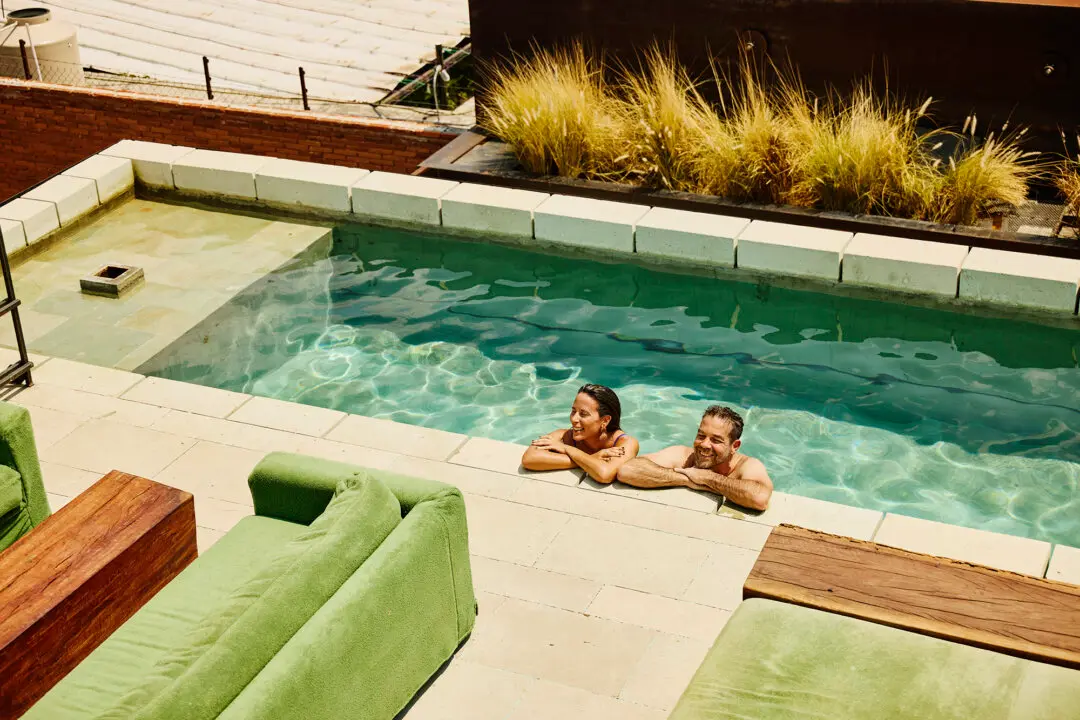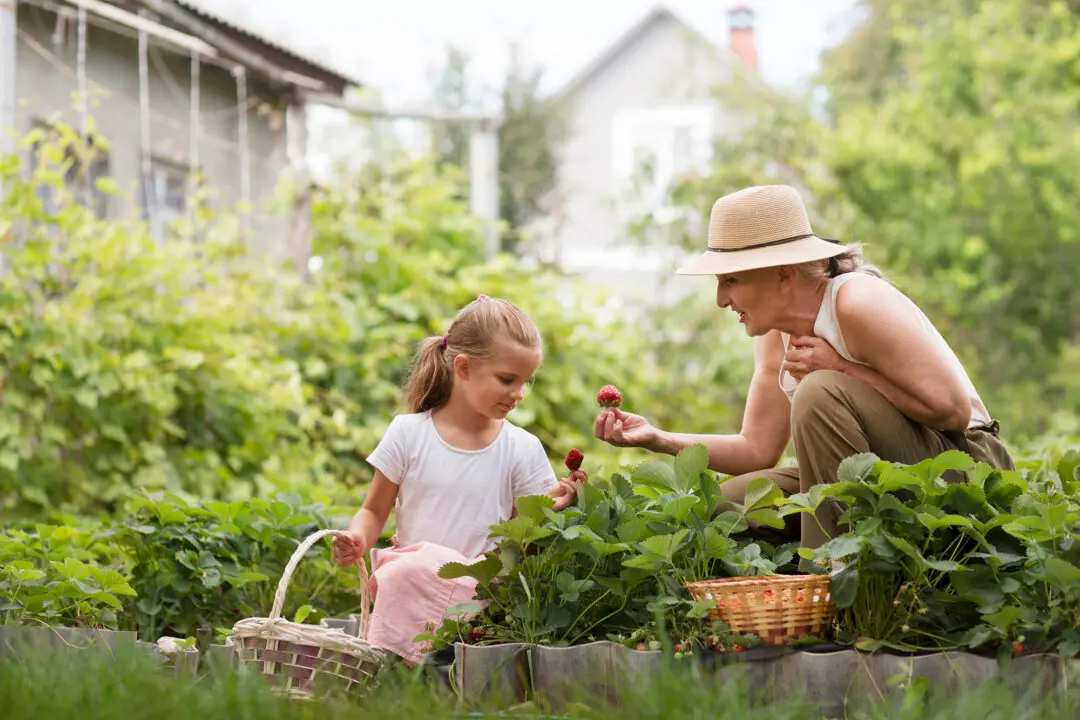There were more fish than people.
Sisters Claire Neaton and Emma Teal Privat were raised on a remote Alaska island in a region where salmon outnumbered humans exponentially—10 billion salmon, a few hundred people. Privat and Neaton, whose family ran a commercial fishing operation, lived on a homestead near False Pass, in the Aleutian Islands. They grew up living, breathing, and eating salmon, and absorbing the values a pioneer subsistence lifestyle creates.





